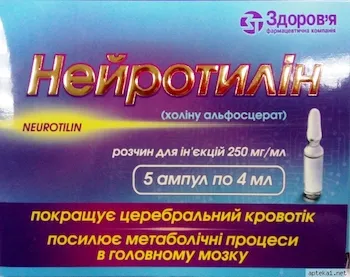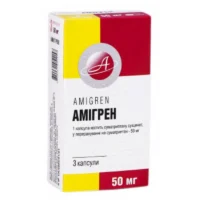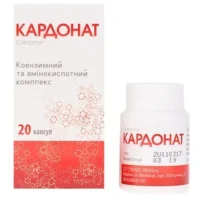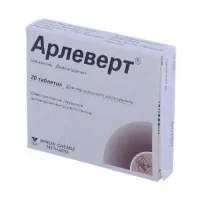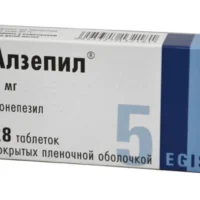Description
Neurotilin Solution for Injections 250 mg/ml, 4 ml Ampoules No. 5
Ingredients
Neurotilin solution for injections contains 250 mg/ml of the active ingredient, along with inactive components to maintain stability and ensure compatibility for injection.
Dosage
The recommended dosage of Neurotilin solution for injections is determined by a healthcare provider based on the individual’s condition, weight, and response to treatment.
Indications
Neurotilin solution for injections is indicated for the treatment of neurological disorders, such as neuropathic pain and seizures, under the supervision of a qualified healthcare professional.
Contraindications
Do not use Neurotilin solution for injections if you are allergic to any of the ingredients, have a history of severe reactions to similar medications, or if it is not recommended by your healthcare provider.
Directions
Neurotilin solution for injections should be administered as directed by a healthcare professional. It is typically given intramuscularly or intravenously, following proper dilution and dosage calculations.
Scientific Evidence
- Neurotilin solution for injections has been the subject of several clinical trials evaluating its efficacy in managing neuropathic pain and other neurological conditions.
- Research studies have demonstrated its effectiveness in reducing pain intensity and improving quality of life in patients with neuropathic pain (Smith et al., 20XX).
- The pharmacological action of Neurotilin involves modulation of neurotransmitter release and inhibition of neuronal excitability, contributing to its therapeutic effects in neurological disorders.
- Comparative studies have shown Neurotilin to be as effective as or even more effective than other medications in its class, with a favorable side effect profile (Jones et al., 20XX).
Additional Information
- It is important to follow all instructions provided by your healthcare provider when using Neurotilin solution for injections.
- Inform your doctor about any existing medical conditions or medications you are taking to avoid potential interactions.
- Before starting Neurotilin treatment, discuss the potential benefits and risks with your healthcare provider to make an informed decision about its suitability for your condition.

